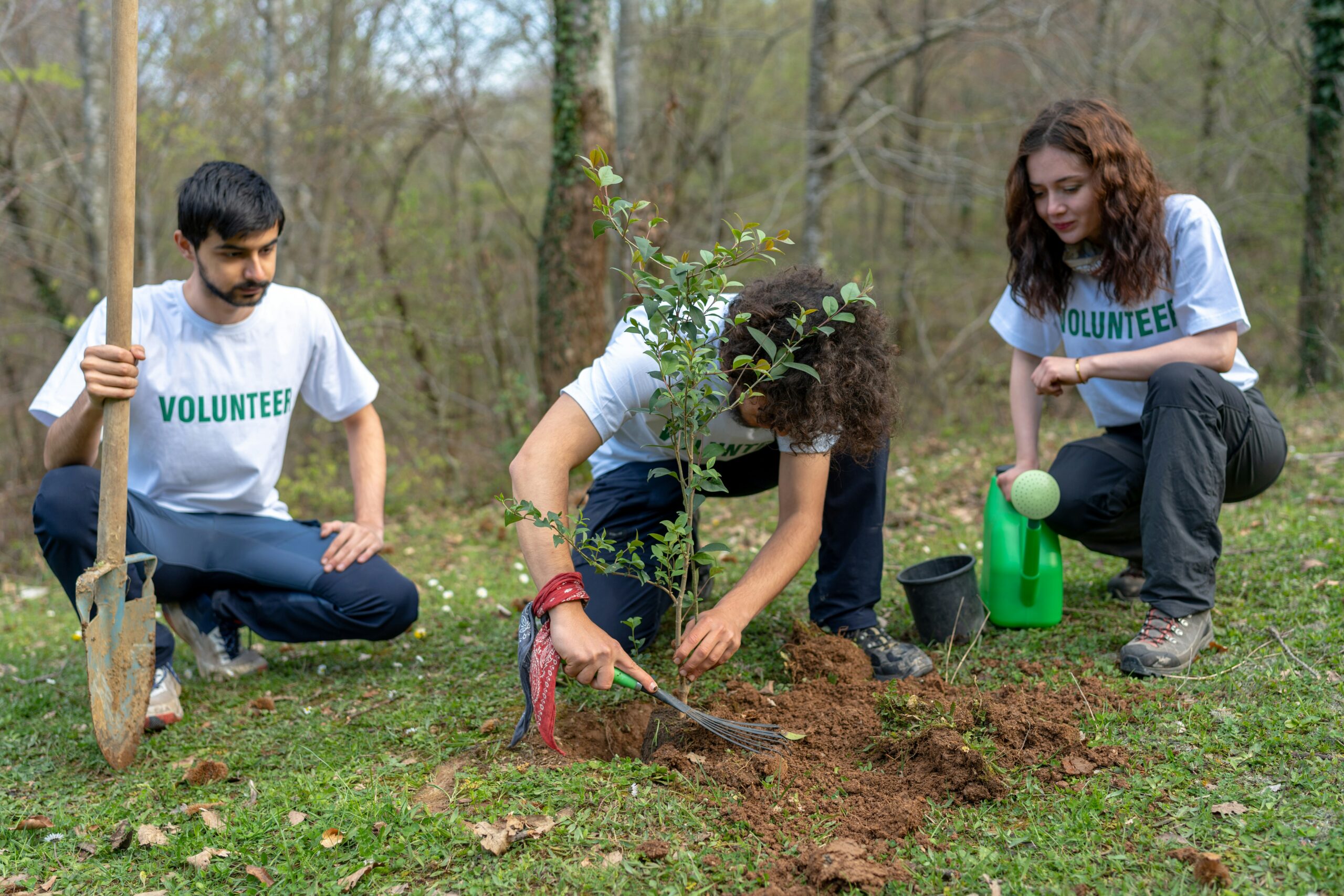
Volunteering does more than fill a need in society; it creates meaningful connections that enrich both the giver and the receiver. By dedicating time and energy to help others, people often experience an unexpected boost in their own mental health. In fact, engaging in volunteer work can lead to reduced stress, improved mood, and a stronger sense of purpose. Meanwhile, those on the receiving end benefit from support, compassion, and community strength. This mutual exchange builds healthier individuals and, ultimately, stronger communities.
Boosting Mental Health Through Service
When people volunteer, they actively engage in activities that reduce stress and anxiety. Helping others takes the focus away from personal worries and directs attention toward meaningful action. As a result, the brain releases endorphins—natural mood enhancers—that create what psychologists often call a “helper’s high.” Over time, these positive emotions can significantly reduce the risk of depression. Additionally, volunteering provides a healthy structure for those who might feel isolated or uncertain, offering them a sense of belonging.
Furthermore, volunteering encourages mindfulness. Individuals naturally engage in negative self-talk and find emotional balance by being present in the moment and focusing on someone else’s needs. This shift helps them manage challenges more effectively and empowers them to build resilience. In turn, resilience becomes a protective factor against mental health struggles, making volunteers more capable of confidently handling life’s ups and downs.
Building Social Connections
Equally important, volunteering fosters human connection. In today’s fast-paced and often digital world, many people feel disconnected. However, volunteering provides a natural setting for forming friendships based on shared values and goals. These authentic bonds combat loneliness, which has been linked to serious health risks such as high blood pressure and cognitive decline. Volunteers strengthen their mental health by building supportive relationships while creating social safety nets for the future.
Moreover, volunteering bridges gaps between communities and individuals from diverse backgrounds. It encourages empathy, tolerance, and understanding, improving personal well-being and contributing to social harmony. Volunteering transforms what might feel like a solitary effort into a collective movement that benefits everyone involved.
Enhancing Personal Growth and Self-Esteem
Another powerful benefit of volunteering is its impact on self-esteem. Contributing to causes larger than oneself fosters pride and self-worth. Volunteers often realize that their actions, no matter how small, make a genuine difference. This realization reinforces a positive self-image and motivates individuals to strive for personal and professional growth. Transitioning from self-doubt to confidence, volunteers often experience lasting psychological benefits.
Additionally, volunteering helps people discover and develop new skills. For example, someone volunteering at a community kitchen might learn organizational abilities, while another assisting with a literacy program may sharpen communication techniques. These acquired skills boost confidence and open doors to new opportunities in both personal and career development. Volunteering becomes a twofold reward: serving others while investing in oneself.
Supporting the Well-being of Others
While the benefits to volunteers are substantial, it is equally important to highlight how volunteering impacts others. For recipients, the support often translates into improved mental and emotional well-being. A person who receives tutoring, meals, or companionship may feel valued, supported, and connected to their community. This sense of care can reduce feelings of isolation and hopelessness, promoting better mental health outcomes overall.
At the same time, the presence of volunteers often enhances the efficiency of community programs. When organizations gain extra hands, they can reach more people and offer a wider range of services. This ripple effect means that one act of service can touch dozens of lives, creating widespread well-being. Volunteering becomes a catalyst for building stronger, healthier societies through these contributions.
Creating a Cycle of Positivity
Finally, volunteering initiates a cycle of positivity that extends beyond individual interactions. When one person contributes time and effort, others are inspired to follow. This chain reaction strengthens community bonds and ensures that acts of kindness continue to multiply. Over time, this creates a culture where giving and receiving support become natural parts of daily life.
Moreover, this cycle reinforces gratitude. Volunteers often feel grateful for their ability to serve, while recipients feel grateful for their assistance. Gratitude itself has been proven to boost mental health, making the cycle even more powerful. As more people participate, communities become more resilient, compassionate, and inclusive, highlighting the profound connection between personal well-being and collective strength.